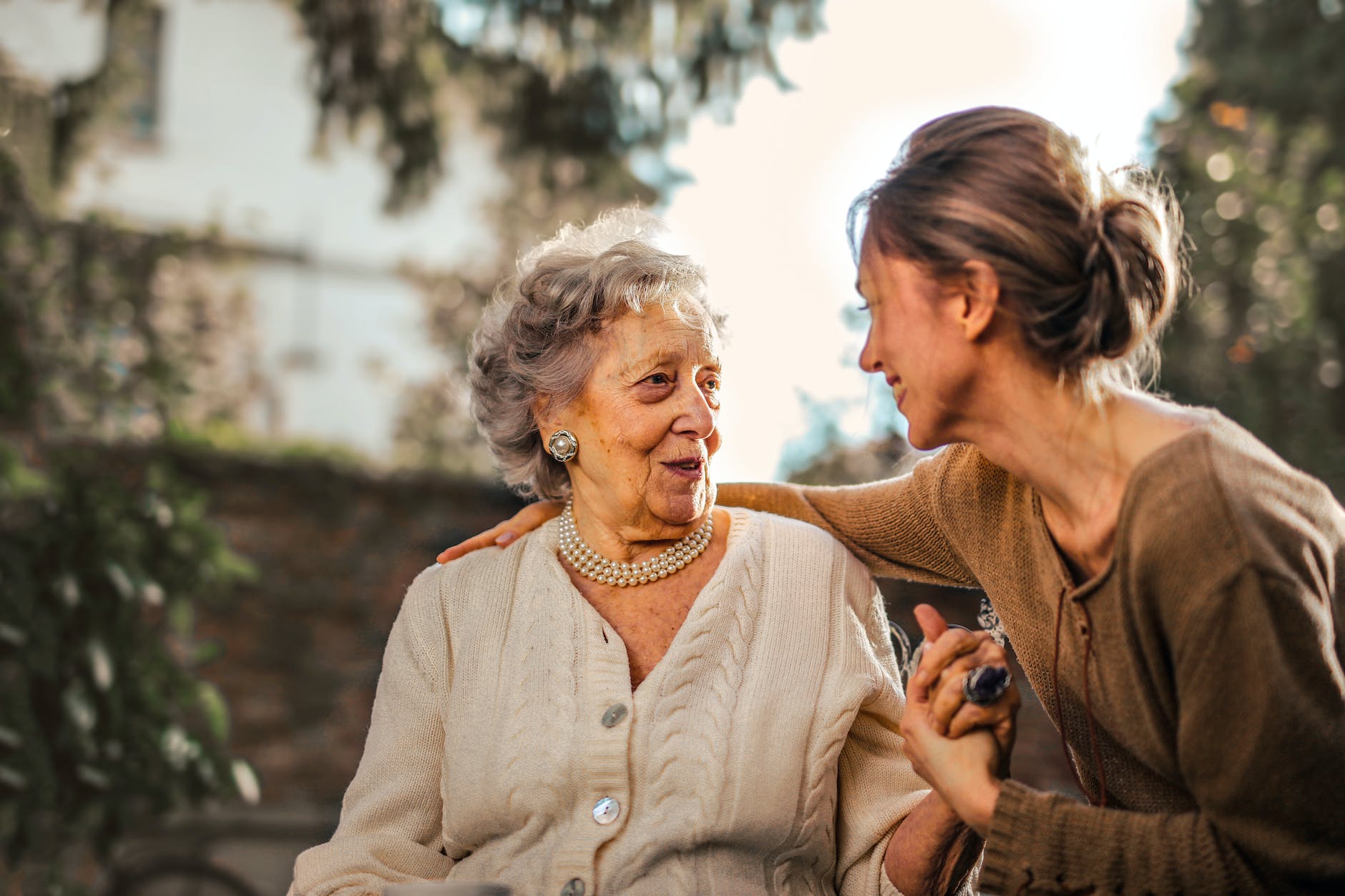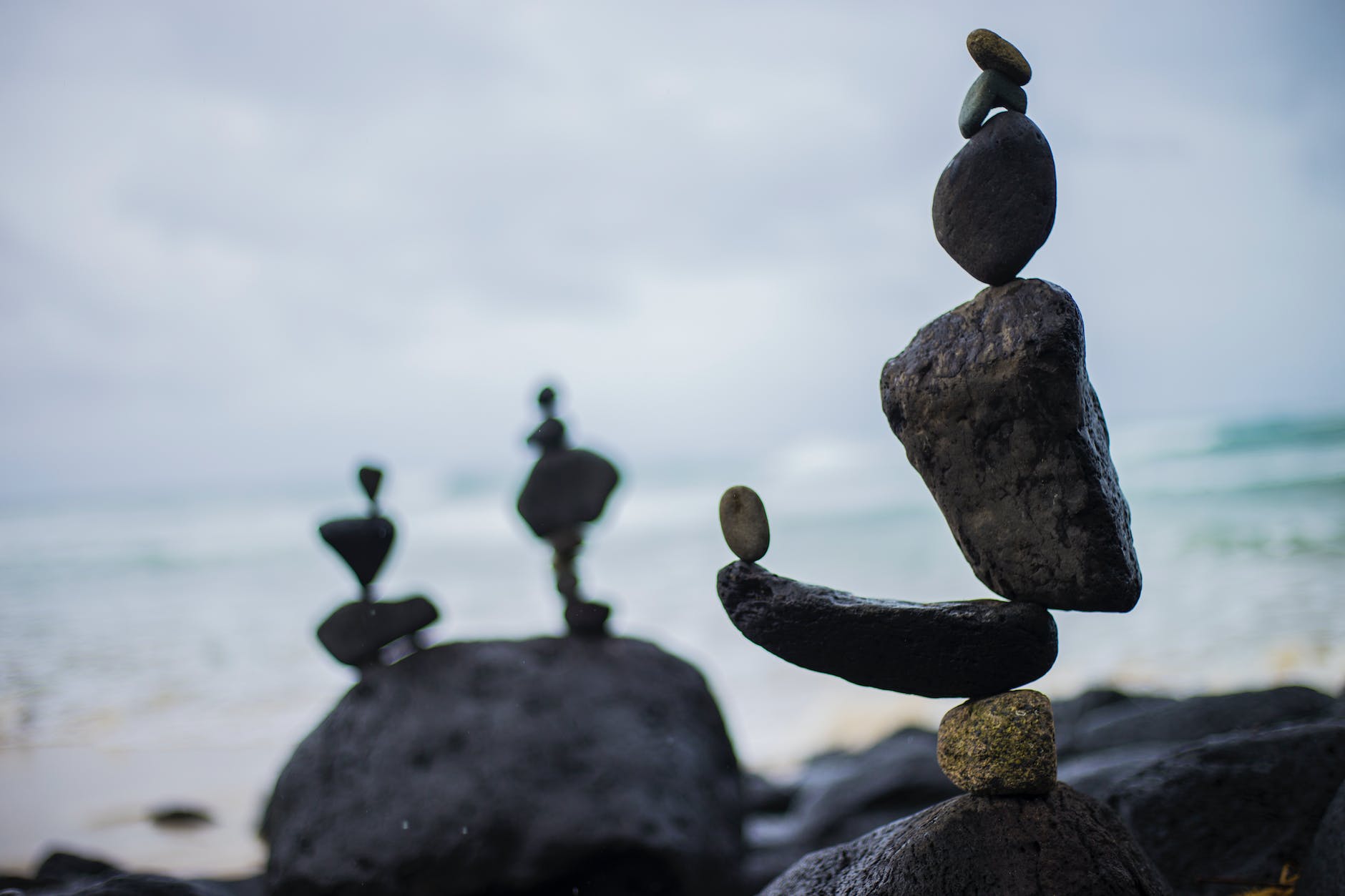Thanks to advances in medicine and science, fewer people are dying sudden, unexpected deaths. Most of us will die as expected after illnesses, diseases, or old age. We will follow a certain trajectory that allows us to get our affairs in order.
We will have the time to make peace with our lives ending, if we so choose, and prepare for the kind of death we want.
But what about those of us who do die suddenly? How can an unexpected death be a good death?
Is that even possible?
Types of Unexpected, Sudden Deaths
Thanks to a 24-hour news cycle and frightening statistics, there is a culture of fear in America. Many of us worry about tragedies happening to us or our loved ones every day. This can include accidents or acts of violence.
Who can’t help but walk into grocery stores, concert venues, or movie theatres and look for the nearest exit? Just in case.
Additionally, car crashes worry us. We live in cities or communities where such fatalities occur on a daily basis. Highways and even rural roads are notoriously dangerous for drivers, pedestrians, and cyclists.
What are other unexpected deaths?
More than 356,000 cardiac arrests happen every year in the U.S. and almost 90% of them are fatal. Strokes kill about 140,000 Americans each year. Combined with natural disasters, sporadic animal attacks, aneurysms, fast-acting killer viruses, and other tragedies, there is no shortage of ways to die quickly.
It’s enough to give anyone, even a professional death doula, end-of-life anxiety.
Prepare for the Worst, Hope for the Best
We are not helpless and doomed to a terrible death, even if it’s sudden. We can do many things to ease our own suffering at the end of life, no matter when it comes. Before we get into that, remember this: we cannot always control what happens to us, but we can control how we react to it. Remember your personal agency, even at emotionally fraught times.
3 Types of Suffering: Emotional, Spiritual, and Physical
The most effective way to ease emotional pain at life’s end is to get your affairs in order now. Make “pre-need” arrangements with funeral directors, cemeteries, or alternatives, and pay for them. Regularly update your living wills, financial accounts, and estate plans including designating the proper beneficiaries.
These simple and practical tasks drastically reduce fear and anxiety when you’re dying.
Whether you do this in response to a serious diagnosis or just believe in planning ahead, take care of what you can and leave less of a burden on loved ones.

Ease both spiritual and emotional suffering by telling loved ones how much they mean to you, early and often. Make meaningful amends as soon as possible after a bad choice or mistake.
Do the work to forgive those who’ve wronged you. These rather simple rituals help us feel peace, no matter when we die.
What about the physical suffering that comes from sudden death? Pain is quite a barrier to feeling peaceful as we die. I’m not sure there’s a way to erase that pain completely.
Obviously, it helps to do what you can to keep yourself as healthy as possible for as long as possible. This includes eating right, exercising, and seeing your doctor for regular checkups. Minimizing risky behaviors and habits might also help reduce the chance of a painful, untimely death.
What if You Find Yourself Actively Dying?
Dying peacefully is challenging even when we have time to plan. It’s even more difficult when death comes suddenly and isn’t expected. People feel flooded with emotional, spiritual, and physical pain they weren’t expecting.
It can be scary and unmanageable.
Regular meditation and/or breathwork practice can help. It reduces suffering. Just five minutes of quiet contemplation every morning can, among other benefits, train your body to better respond to and manage different kinds of pain.
When we feel our organs slow down, it causes pain and anxiety for some people. Especially if we aren’t expecting it. But pain doesn’t have to mean suffering. We can train ourselves to transcend that pain and concentrate on peace as we die.
Mindfulness meditation is especially effective. This mind-body intervention combines focused attention on the breath with less energy spent on external sensations. Studies show this is an effective way to manage or feel relief from pain.

Regular meditators routinely find pain less unpleasant.
Breathwork is another way to infuse calm where there is chaos. If you focus on your breathing, you can feel more in control of your body and better cope with what’s uncomfortable. When we’re faced with our own mortality, worry and fear can take over.
While we can breathe, managing that process helps ease those worries.
It might sound ridiculous to suggest that meditating and breathing can help us at the end of life in a sudden or traumatic setting. However, we may have more control over our bodies than we realize. This is especially true if we practice ahead of time.
Practicing taking control from external forces to own your own experiences. It might bring you peace in the end.
Try this:
- Find a comfortable place to sit or lie down.
- Breathe in and feel your belly rise.
- Accept any thoughts, emotions, physical sensations, or sounds.
- Allow them to come and go without judgment.
- Breathe out and feel your belly contract.
- Repeat words or phrases like: “I am relaxed,” “I forgive,” or “I feel calm.”
Religious people find comfort in repeating a prayer or psalm. Others have a favorite mantra. Find what works for you and then practice it regularly. This helps any time you feel anxious.
Clinical Death Brings Peace
Comfort can be found in reports from people who’ve died sudden, clinical deaths and were revived. They report feelings of peace and love after they die. There is no pain or stress, just calm equanimity. Few want to return to life. It must feel pretty good for so many to want to stay.
Contact me at Anitya Doula Services to learn more about transforming moments of possible suffering into peaceful goodbyes.
Even when it’s unexpected.



Recent Comments